If you’re reading this article, you’re interested in earning a master’s degree that can help you get into medical school. The Tiber Health Master of Science in Medical Science (MSMS), available at seven partner schools around the country (and counting!) can help you do that, thanks to a dynamic classroom model based on MS1 curriculum and a powerful analytics suite that helps you predict your USMLE Step 1 score.
But it can also do much more than that. The skills you learn in our MSMS program can act as a springboard to many career paths in healthcare—careers that are challenging, rewarding and make a positive impact on the lives of others. Here are a few examples of where your MSMS could take you.

Medical School (MD or DO Programs)
One of our major goals for the MSMS is to help address the shortage of physicians America currently faces, particularly in underserved rural and urban communities. As mentioned above, our program’s curriculum mirrors the first-year coursework at an LCME-accredited medical school, covering everything from anatomy and microbiology to healthcare disparities. By capturing hundreds of thousands of data points from activities students complete online and in the classroom, the Tiber MSMS program can offer students a constantly updated prediction of how they’d perform on the USMLE Step 1—the first half of the licensing exam most medical students take at the end of their second year.
The result of this is that students have a very good picture of whether or not medical school is right for them by the time they finish their MSMS year. Most of our students—65% of them since 2019, in fact—go on to an MD or DO program after completing their MSMS.
Physician Assistant Programs
Some of our students decide that four years of medical school plus residency isn’t the right path for them. Instead, they want to focus more on providing primary care as part of a team of professionals. These students can move on to a physician assistant (PA) program after graduating from our MSMS. PA programs are master’s degree programs that typically last about two and a half to three years. Graduates of PA programs go on to obtain certification and licensure in their states, and practice general medicine across a range of specialties under the supervision of a physician.
According to a November 2021 article in the American Journal of Managed Care, “the evidence demonstrates that PAs produce care indistinguishable from that of a physician in general medicine.” PAs can play a critical role in filling the growing need for primary care practitioners—in fact, the U.S. Bureau of Labor Statistics projects that job openings for PAs will grow by a very robust 31% over the 2020-2030 period.
Other Professional Health Schools
The MS1 curriculum students cover in our MSMS program can also apply to other health professions. Sometimes students enter our program knowing they want to pursue something other than an MD pathway. Others discover their true passion while they are studying with us. Either way, the science courses in our MSMS offer a firm foundation for pursuing their goals. Microbiology, biochemistry and other concepts are equally important across all healthcare professions.
Tiber MSMS graduates have gone on to pursue professional education in the following areas:
- Dentistry
- Podiatry
- Pharmacy
- Optometry
- Chiropractic
77% of our graduates since 2019 have gained admission to their preferred professional program.
Medical Research Roles
Tiber’s MSMS curriculum also equips students for roles outside of patient care. Students who leave our program will have graduate-level science education and clinical research experience—as well as a master’s degree—that they can put to work in research settings.
MSMS graduates can apply their knowledge at research facilities based in pharmaceutical companies, academic institutions, hospital laboratories and much more. With their advanced education, they may also be able to pursue leadership roles, such as clinical trial management.
Medical Device Sales
Finally, some of our students move on to medical device sales. If you think that a clinically focused master’s degree would make someone overqualified for a sales position, think again. Clinical devices such as pacemakers have become so complex that companies need to send sales representatives with a strong medical science background to work with physicians as they implant, monitor and recalibrate them. Students with a passion for clinical science, a gift for communication and a love of travel have the potential to make excellent medical device sales representatives. With our MSMS on their resumes, they will have developed a solid foundation of knowledge and skills to make the most of that potential.
Find a Tiber Health MSMS Partner School Near You
If you’re interested in a professional health career, our MSMS program could be the first step on your journey to success. Explore our partner schools to find a program near you today!



